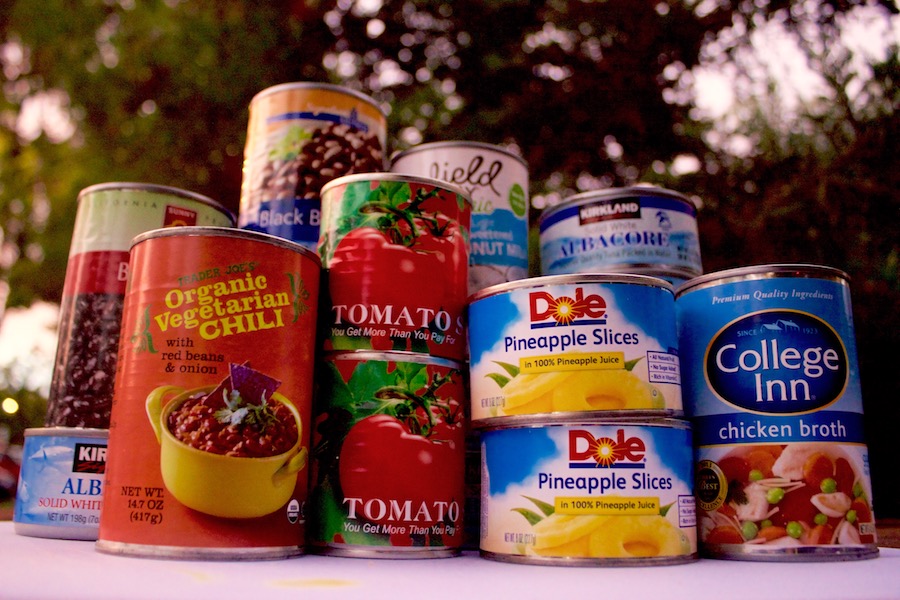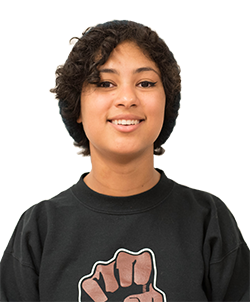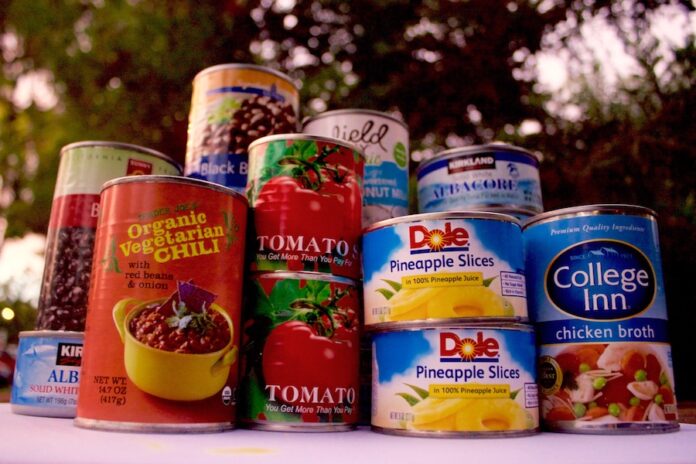
 Putting power in the people and food in their bellies
Putting power in the people and food in their bellies
Sundays are great for reflecting on the past week while preparing for the next as you unwind and destress — and then scrambling to finish work due the next day. They’re also great days to take a leisurely afternoon stroll around Central Park and observe the Davis community beyond the student lens. One such example is the weekly meeting of Food Not Bombs. The Davis chapter has been feeding vegan and vegetarian meals to the homeless and food insecure in Davis for 21 of the 37 years that its national counterpart has been feeding people worldwide.
“Food Not Bombs had become a global movement sharing food and literature in over one thousand communities […] on every habitable continent on the planet,” according to a video commemorating the 35th anniversary of the organization. The movement was founded in Boston by Jo Swanson, Mira Brown, Susan Eaton, Brian Feigenbaum, C.T. Lawrence Butler, Jessie Constable, Amy Rothstien and Keith McHenry.
Davis seems to be categorized mainly by its campus events and affiliations, and the majority of food security and sustainability measures come from the university rather than the community. While university initiatives are necessary, their primary targets are students and those affiliated with the institution, which is a vast group that needs a lot of attention. But that leaves the greater Davis community underserviced. Yolo County currently has a homeless population of approximately 500, with 146 residing in Davis, according to a recent article in the Davis Enterprise. But community members have been quoted saying that the numbers don’t add up to how many they observe on the street and at the programs provided for the homeless.
How is the greater community upholding similar standards or practicing similar initiatives with this different target group? Or, more importantly, what is the greater community doing that’s different from the norm set by the university with which it shares a name? How does the Davis community distinguish itself from UC Davis on the matter of combatting food insecurity? I set out to answer these questions one Sunday at 1 p.m. in Central Park, the weekly meeting time and place of Davis’ Food Not Bombs chapter.
When I arrived, I waited for half an hour before Facebook messaging the group to see if they were coming this week or if they had decided not to meet. At that time the Yolo County Volvo Club was eclipsing the park with a beautiful display of vintage and restored cars ranging in different models and years. Having not heard back from the group another half hour later, I decided to explore Davis beyond my student and journalistic assignment lenses, to simply be a citizen of the greater Davis community and find people with whom to talk. I did this also to determine on an anecdotal level the impact and scope Food Not Bombs’ work has in the community.
I soon found myself talking to homeless individuals in Central Park and Downtown. After building up a comfortable repartee between myself and my interviewee, I asked each person if they sought out assistance through Davis’ homeless resources and, if so, whether one of those resources was Food Not Bombs. Of the 10 people I spoke to, six regularly seek assistance and three of those six go to Central Park on Sundays for lunch.
“Food Not Bombs is a blessing, but not a well known one, I fear,” said one woman who wished to remain anonymous. “I haven’t quite figured out if I like it that way or not. It works best for me because the resource isn’t being bled dry, but it also doesn’t serve the way it could if more people knew about it.”
The four who do not seek any type of assistance have varying reasons as to why not, but the unifying opinion on the issue is that support is not regular, substantial and organized enough at the moment to make a significant difference. If there was more direct action and less bureaucracy, then there would be better reception not only by the homeless groups that Food Not Bombs tries to service, but also by donors and community members such groups hope to recruit.
“A meal here and there, though appreciated, won’t help my situation,” said one man who requested anonymity. “I feel like the problem with the humanitarian non-profits or whatever else is that they don’t see us as people, just mouths to feed. There’s more to homelessness than feeding and housing people, though that is a big part of it. The main thing they’re missing or that they need to recenter to be their most important goal is seeing us as people before they see us as bums, and to get the government to do the same. Then real change will start happening, and then maybe I’ll consider them to have helped.”
Written by: Camille Chargois — cachargois@ucdavis.edu
Disclaimer: The views and opinions expressed by individual columnists belong to the columnists alone and do not necessarily indicate the views and opinions held by The California Aggie.





